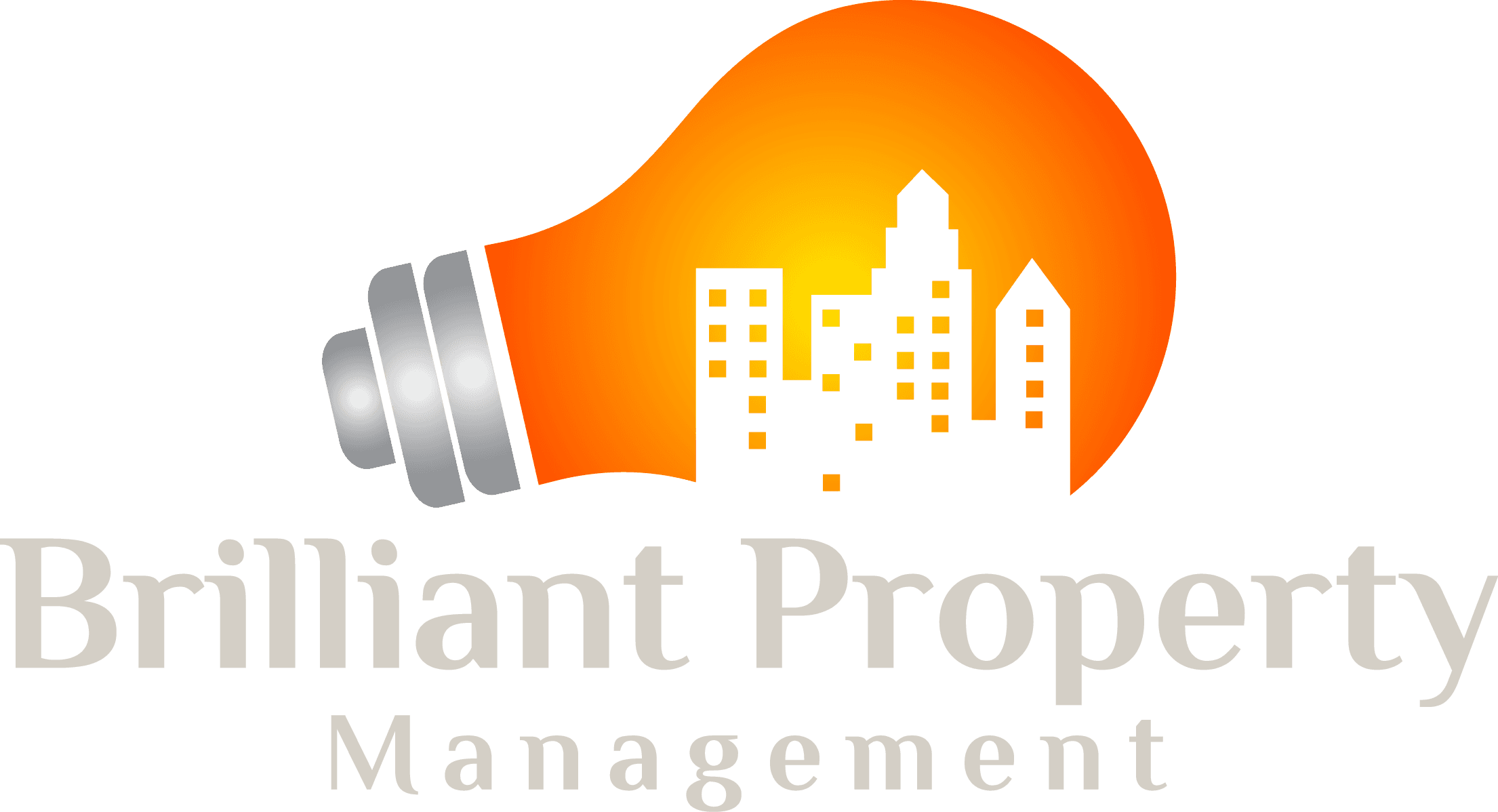By Eric Plant
When buying a condominium, a question on most peoples’ minds is whether or not it is a good investment. Will the condominium go up in value over the years, or will it go down. Although the most important things to look at are the location and the housing market (even a poorly run condominium will increase in value if the market goes up) a condominium’s financial statements are an extremely important indicator of its overall health.
Most buyers will request a Status Certificate from the condominium management company. The Status Certificate contains a few items that are worth taking a good look at before making the purchase. Chief among these are the audited financial statements, the Notice of Future Funding of the Reserve Fund (sometimes referred to as the “Form 15”), the insurance certificate, and the Declaration and Bylaws.
Status Certificate – First and foremost is the certificate itself. Along with basic information like the amount of the maintenance fees and whether or not the unit owes any money to the condominium, there is some useful information here. Take a look at points 18 and 19, which list any lawsuits that the condominium has gotten itself into. While lawsuits are not necessary a sign of a bad investment, large lawsuits can result in extra expenses later on, and condominiums with a lot of lawsuits may indicate an overly litigious board of directors.
The Audited Financial Statement – The first thing to look at is the Audited Financial Statement which comes with the Status Certificate. Audits come with the last two years of financial data, so you can look back pretty far into the condominium’s past. The key thing to look at here is the Income Statement. The Income Statement shows a list of all the condominium’s income and expenditures, and whether or not there was a surplus or deficit at the end of the year. While a small deficit is not much to be concerned about, large deficits year after year can mean big increases to maintenance fees later on. This list will also give you a very good idea of how the condominium is spending its money. Is a large portion of the budget being spent on repairs and maintenance? On legal bills? Each expense line tells you more and more about the health of the condominium. For example, high plumbing bills could mean a lot of leaks in the building. High legal bills could mean a board of directors that has a problem enforcing rules. The income statement gives you a very good sense of how the condominium is being managed.
The Notice of Future Funding – This document shows how much money is supposed to be put into the condominium’s Reserve account for each of the next 30 years. If you see large increases in the first few years it could be a sign that the Reserve account does not have enough money. These increases come straight from your maintenance fees, so large increases here mean large increases in what you will be paying. It is also worth checking if the actual balance in the Reserve Fund (from the Audit) matches the number on this form. If the actual account is lower than it should be, the difference will likely need to be made up at a later date. Again, more money coming out of your pocket.
Insurance – Part of the Status Certificate Package includes an insurance certificate. This lists each of the items that are insured, along with their deductible. In some cases, where a homeowner accidentally floods another unit for example, they may be responsible for the cost of the condominium’s deductible. If this number is very high, say $25,000, you may one day be liable for that amount of money. Unlikely, yes, but possible. Lower deductibles are a safer bet.
Declaration and Bylaws – These long and legalese sounding documents do contain some useful information. Check Schedule C, which shows the actual boundary of the home you are buying, as this will have a big impact on what you are responsible for maintaining. You should also read the condominium’s rules, as some condominiums tend to have restrictions on pet sizes, vehicles, noise, or other things that may impact your life. Always read the rules before buying to avoid surprises later on.
If the cost of the home is lower than expected, there is usually a reason. By taking a couple hours and reading through the Status Certificate package, potential homeowners can avoid making a bad investment.
Eric Plant is a director at Brilliant Property Management Inc. www.brilliantproperty.ca. Brilliant Property Management is a condominium management company based in Toronto, Ontario.
Eric can be reached at eric@brilliantproperty.ca
